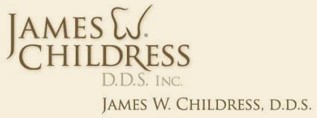
Oral cancer does not discriminate. It affects those of all ages, genders and races. Smokers do develop oral cancers at higher rates than non-smokers. However, this does not absolve the rest of the population from being at risk, as well.
It’s incredibly important to keep to your recommended schedule of oral health examinations. By visiting your general dentist at least twice per year, it is much more likely that our dental team will be able to identify potentially cancerous lesions in early stages. As you may know, the key to survival of most forms of cancer is early detection. Oral cancers are treatable, especially if caught before displaying obvious signs. The best results occur when oral cancer is identified and treated during early stages.
If your general dentist identifies a lesion that appears to be irregular, he or she may refer you to our team. We’ll recommend the next steps. Once pathology has been identified, we can proceed with treatment if necessary.
We will complete a biopsy to confirm whether a lesion is cancerous. It is not possible to confirm an oral cancer diagnosis without a biopsy. For this reason, try to refrain from making assumptions until we have confirmed your diagnosis. If it’s been more than 6 months since your last appointment or if you have noticed a lesion, bump or irregular patch of skin that doesn’t heal within a few days, consider an oral cancer screening by your general dentist. Know that your dentist will provide you with advice and may refer you to our team for a closer look.







